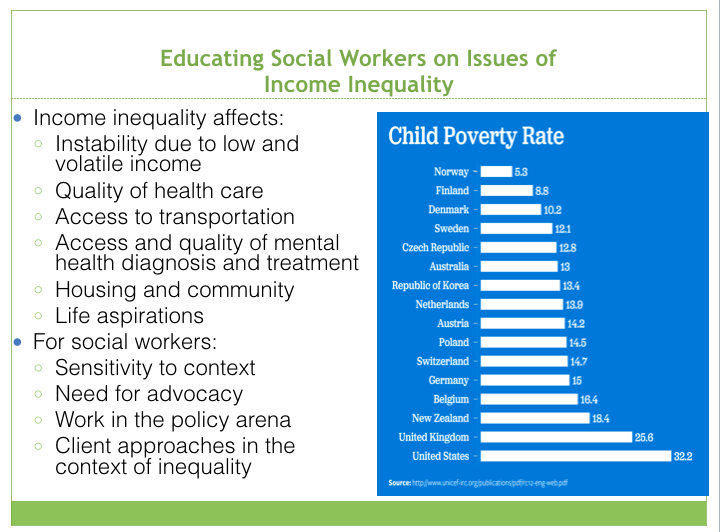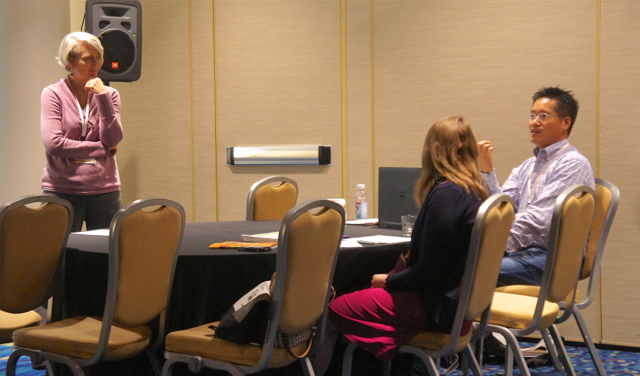ATLANTA — Youth aging out of foster care are among those who need information about finances, and social workers need to be trained to help them, said educators at a social work conference in Atlanta last week.
Participants at the Council on Social Work Education conference also urged the widespread adoption of youth development practices known to reduce substance abuse, depression and other problems.
Margaret Sherraden, professor of social work at the University of Missouri-St. Louis, was among the conference presenters.
“We work with people who are financially vulnerable,” she said. But social workers are no longer getting education in financial matters, she said.
“We don’t get this background any longer in social work training,” she said, although it was standard in the early 1900s.
Sherraden and Julie Birkenmaier, a social work professor at Saint Louis University, are part of a movement in social work education to build financial capability among social workers and their clients. They have created a curriculum and, along with J. Michael Collins, co-authored a textbook due out next year.

Courtesy of Margaret Sherraden
.
Helping clients deal with money is increasingly important, Sherraden said.
“Life has become incredibly financialized,” she said. “You have to manage an increasingly complex set of financial arrangements in your daily life.”
From payday lenders to high-interest check-cashing services, low-income people are getting ripped off, Sherraden said.
And many low-income populations are excluded from policy benefits, she said. Policies such as mortgage tax deductions benefit more affluent people, for example.
Liza Barros Lane, who teaches social work at the University of Houston, said social workers need to fight economic injustice.
“If we don’t understand about finances we don’t understand how policies impact people negatively,” she said.
Building financial capability in clients is one of the 12 “grand challenges” posed for the field by the American Academy of Social Work & Social Welfare.
Another of the grand challenges is to ensure healthy development for all young people. More than 6 million youth ages 12 to 17 in the United States are treated each year for severe mental, emotional or behavioral problems, according to the Academy. But many of these problems could be prevented with widespread use of approaches that are known to work, according to the organization.
The 12 grand challenges developed for the social work field by the American Academy of Social Work & Social Welfare are:
- Ensure healthy development for all youth
- Close the health gap
- Stop family violence
- Advance long and productive lives
- Eradicate social isolation
- End homelessness
- Create social responses to a changing environment
- Harness technology for social good
- Promote smart decarceration
- Reduce extreme economic inequality
- Build financial capability for all
- Achieve equal opportunity and justice


























